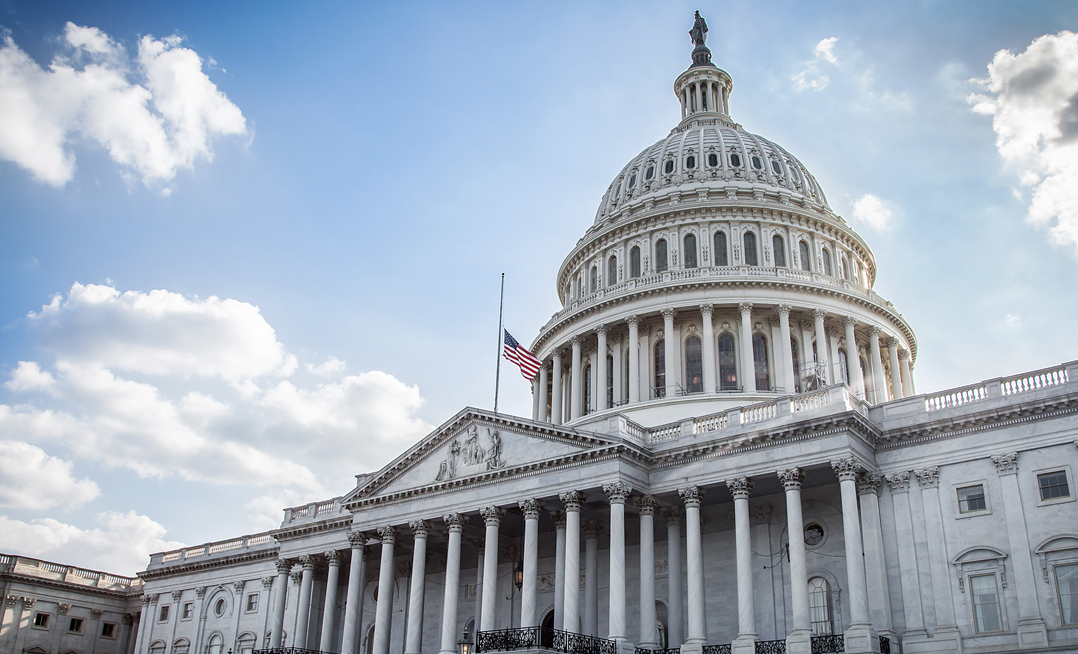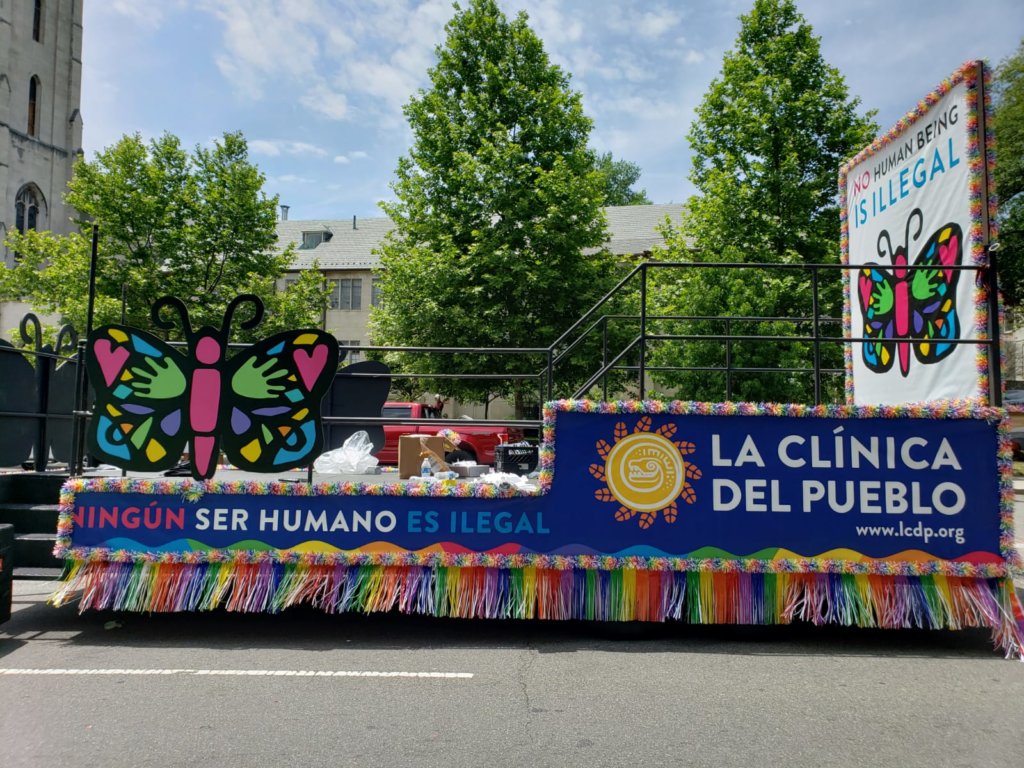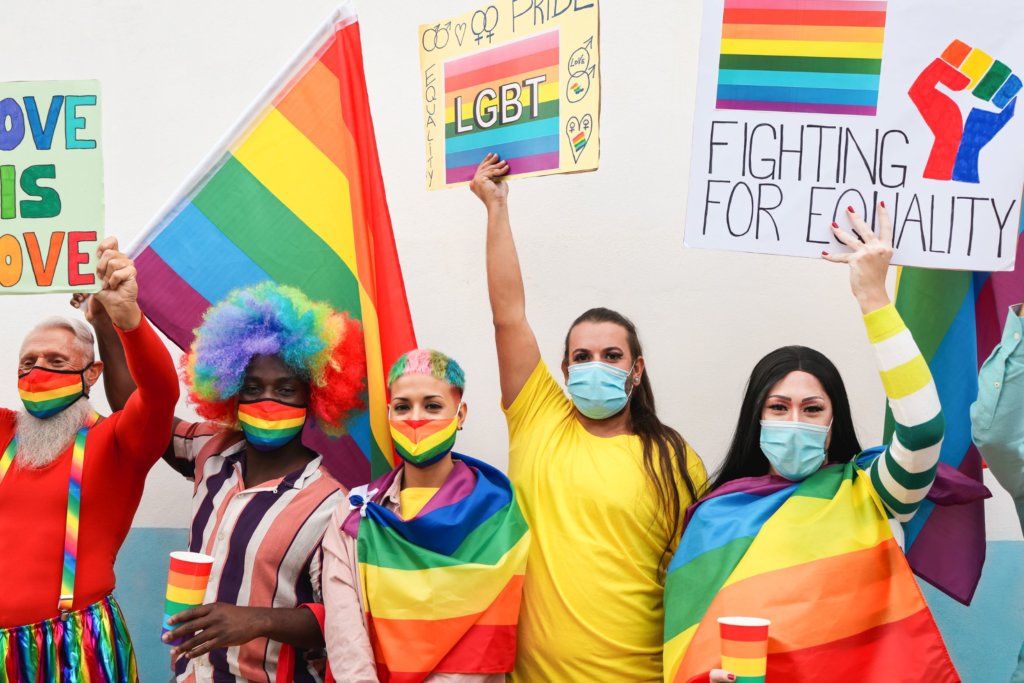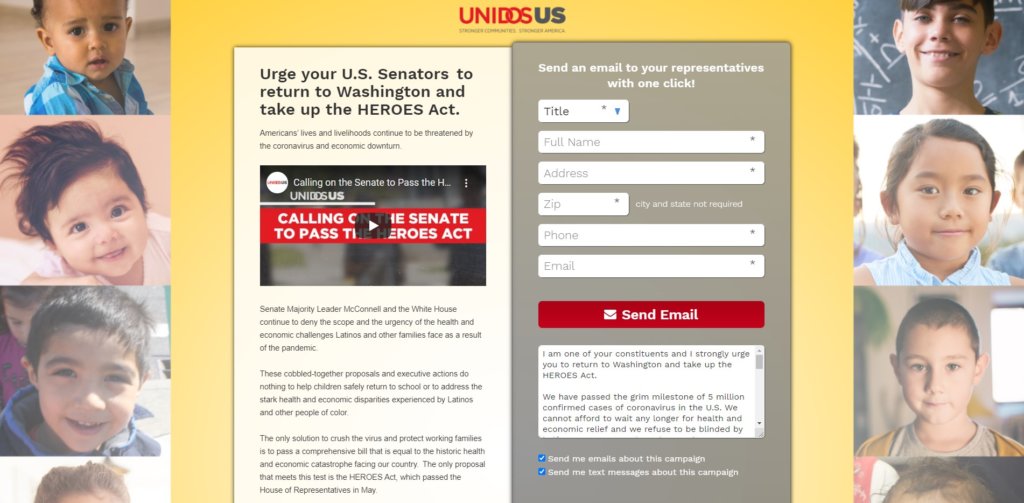Letter to Congress: The Senate must build on Supreme Court decision and pass the “Equality Act”
June 25, 2020
| The Honorable Mitch McConnell
Majority Leader United States Senate Washington, DC 20510 |
The Honorable Charles Schumer
Minority Leader United States Senate Washington, DC 20510 |
Dear Leader McConnell and Leader Schumer:
On behalf of UnidosUS, I write to urge you to build on the recent Supreme Court LGBTQ employment discrimination ruling by passing the “Equality Act.” UnidosUS, previously known as NCLR (National Council of La Raza), is the nation’s largest Hispanic civil rights and advocacy organization. While the Supreme Court moved us in the right direction by ruling that employers cannot unfairly fire or discriminate against LGBTQ workers, the ruling did not address the patchwork of state laws that allow discrimination to persist. The House already addressed this more than a year ago by passing the “Equality Act” (H.R. 5) with a strong bipartisan vote. Now is the time for the Senate to do the same with S. 788, so that LGBTQ people are protected from discrimination in areas beyond the workplace, including housing, education, credit, and public accommodations.
Throughout the month of June, millions of Americans of all backgrounds came together to celebrate Pride. In doing so, we recognized our country’s progress in ensuring that the promise of equality is extended to the LGBTQ community. We also reinvigorated our commitment to this American ideal, to live and love freely, authentically, and without fear. While there is much to celebrate, more work remains to be done; the Senate must do its part by taking up and passing S. 788 and sending it to the President’s desk for his signature.
UnidosUS has a long history of working with the LGBTQ community, starting with the establishment of our AIDS Center in 1987 to lead culturally sensitive and appropriate prevention and education efforts. We have partnered with LGBTQ leaders and organizations to build and deepen support for marriage equality among Latinos/as, insisted on nondiscrimination in the workplace, and prioritized the protection and education of LGBTQ youth through our policy, advocacy, and program work. We have also used our national profile and platforms such as our conferences and awards ceremonies to host and honor inspiring LGBTQ leaders who are key role models in our communities and who are deeply committed to equality and civil rights.
Today, an estimated 6.1% of Hispanic adults identify as LGBTQ—more than White, Black, and Asian Americans. Among Latino youth, the rate is much higher, as more than one in five Latino millennials between the ages of 18 and 34 identify as LGBTQ. As such, millions of Latinos and their family members are affected by discrimination based on sexual orientation or gender identity.
The LGBTQ community continues to experience significant challenges. For example, they are much more likely to face housing unaffordability, less likely to own their own homes, and more likely to be homeless.[1] LGBTQ youth are at a higher risk for substance use, bullying, isolation, depression, and other health ailments compared to the general public.[2] Further, LGBTQ youth seriously contemplate suicide at almost three times the rate of heterosexual youth and are almost five times as likely to have attempted suicide.[3] Transgender women of color, particularly Black women, disproportionately face fatal violence.[4] And as we witnessed four years ago this month in the tragic Pulse nightclub massacre—a particularly painful event for the Latino LGBTQ community—gay, lesbian, bisexual, transgender, and queer Americans continue to experience violent hatred.
The “Equality Act” would not end all of the challenges and painful discrimination that LGBTQ people and their families continue to experience. But it would offer meaningful protections that would empower them to live to their full potential and reaffirm our commitment to the well-being of all Americans. It is time for the Senate to build on the vital progress spurred by House action and the Supreme Court ruling, get on the right side of history, and pass this legislation.
Sincerely,
Janet Murguía
President and CEO
UnidosUS
[1] Adam Romero, Shoshana Goldberg, and Luis Vasquez, “LGBT People and Housing Affordability, Discrimination, and Homelessness,” UCLA Williams Institute, April 2020, https://williamsinstitute.law.ucla.edu/wp-content/uploads/LGBT-Housing-Apr-2020.pdf (accessed June 22, 2020).
[2] National Institutes of Health, “Health Care Disparities Among Lesbian, Gay, Bisexual, and Transgender Youth: A Literature Review,” April 2017, https://www.ncbi.nlm.nih.gov/pmc/articles/PMC5478215/ (accessed June 22, 2020).
[3] Centers for Disease Control and Prevention, “Sexual Identity, Sex of Sexual Contacts, and Health-Risk Behaviors Among Students in Grades 9–12,” April 12, 2016, https://www.cdc.gov/mmwr/volumes/65/ss/ss6509a1.htm (accessed June 22, 2020).
[4] Human Rights Campaign, “Violence Against the Transgender Community in 2019,” https://www.hrc.org/resources/violence-against-the-transgender-community-in-2019 (accessed June 22, 2020).




